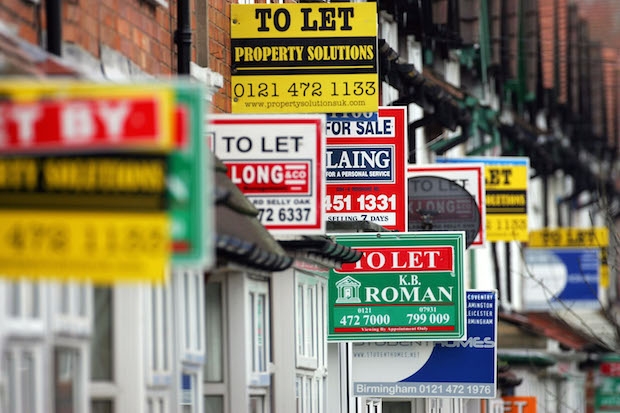Mortgage Freedom Day. It has a nice ring to it, doesn’t it? Think about that for a second. Mortgage. Freedom. Day.
Well, if you’re a new borrower, then today’s the day. According to Halifax, April 19 is when you’ll have earned enough to pay off the annual cost of your mortgage.
It works like this: based on the average annual mortgage repayment cost of £7,584 and the average net annual income of £26,023, Halifax has calculated that homeowners who took out a mortgage in the last three months of 2015 will have now earned enough on average to cover their mortgage payments for the rest of 2016. It is worked out on the basis that all earnings from January 1 are devoted to mortgage payments until these annual payments have been paid in full.
Mortgage Freedom Day this year occurs just a day later than in 2015 and is the result of average annual mortgage repayment edging up by £17 during the year.
Needless to say, there is a wide variation in Mortgage Freedom Day across the country, with homeowners in Scotland and Northern Ireland achieving this on March 12, followed by Yorkshire and the Humber (25th), the North West (26th) and the North (27th). Mortgage Freedom Day for Londoners doesn’t arrive until 26th June – three months later than in northern England.
Craig McKinlay, mortgage director at Halifax, said: ‘For most homeowners, mortgage payments are the biggest outgoing every month; knowing they’ve earned enough to pay off their mortgage for another year should be a reassuring thought.’
Of course, Mortgage Freedom Day doesn’t mean very much to many borrowers. But it raises a serious point: how much of our working lives are spent earning enough to meet those monthly mortgage repayments? It’s not uncommon for at least half of an individual’s salary to be swallowed up by the mortgage.
And that’s if you can even get on the housing ladder. Research by price comparison website Gocompare.com found that first time buyers need a minimum salary of £140,000 to buy a property. Yes, that’s right – quadruple the median average salary in the capital.
Meanwhile, existing homeowners are being caught out by higher mortgage repayments when they move onto their lender’s Standard Variable Rate (SVR). A study by uSwitch.com discovered that those who find themselves on the SVR spend on average 21 months on the default rate, costing on average £2,445 in additional mortgage repayments and driving one in ten into more debt. Even though the average SVR is considerably higher than the average initial discounted variable rate deal, some lenders are failing to do enough to warn homeowners when their introductory rates are coming to an end, leaving them vulnerable to higher mortgage repayments. No surprise there, then.
There’s more. Around a million people could have their homes repossessed because they have no way of paying off their interest-only mortgages. Citizens Advice estimates that 934,000 people have interest-only mortgages and do not have a plan on how to pay it off when their term ends.
That’s taken the shine off Mortgage Freedom Day.






Comments